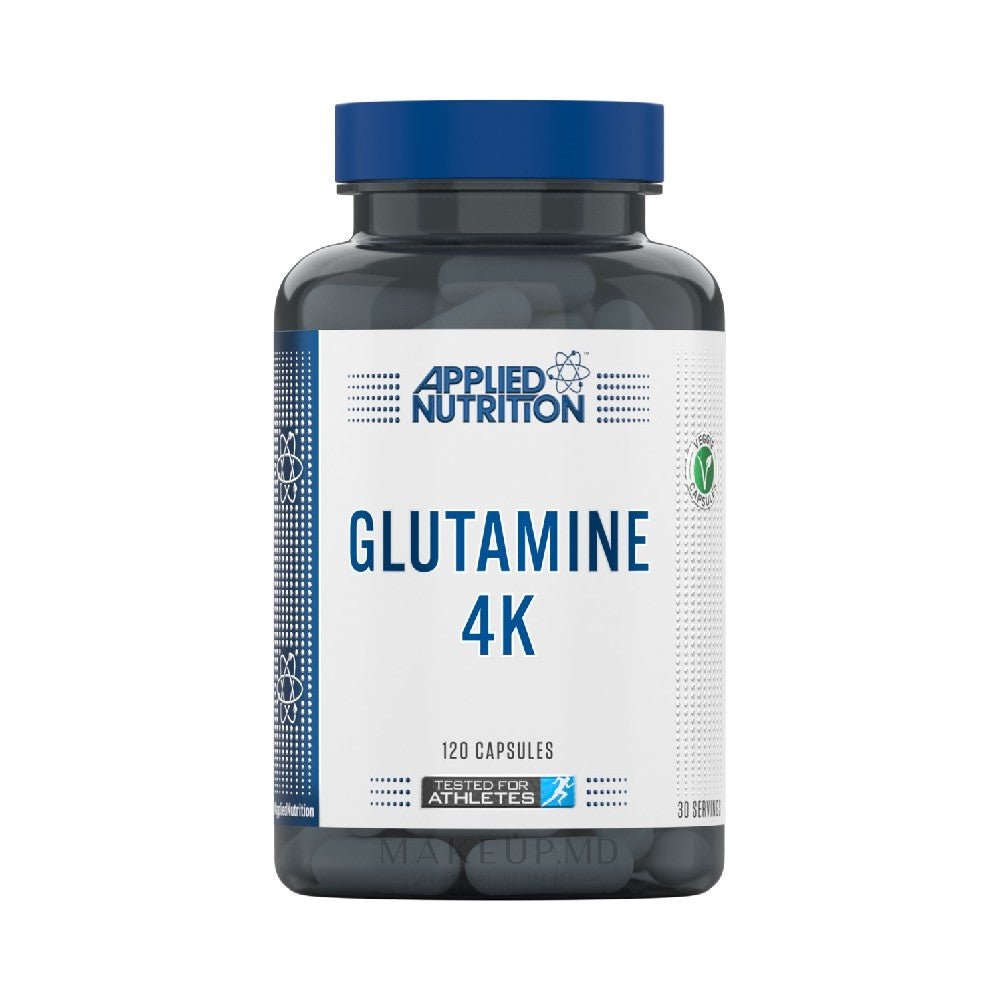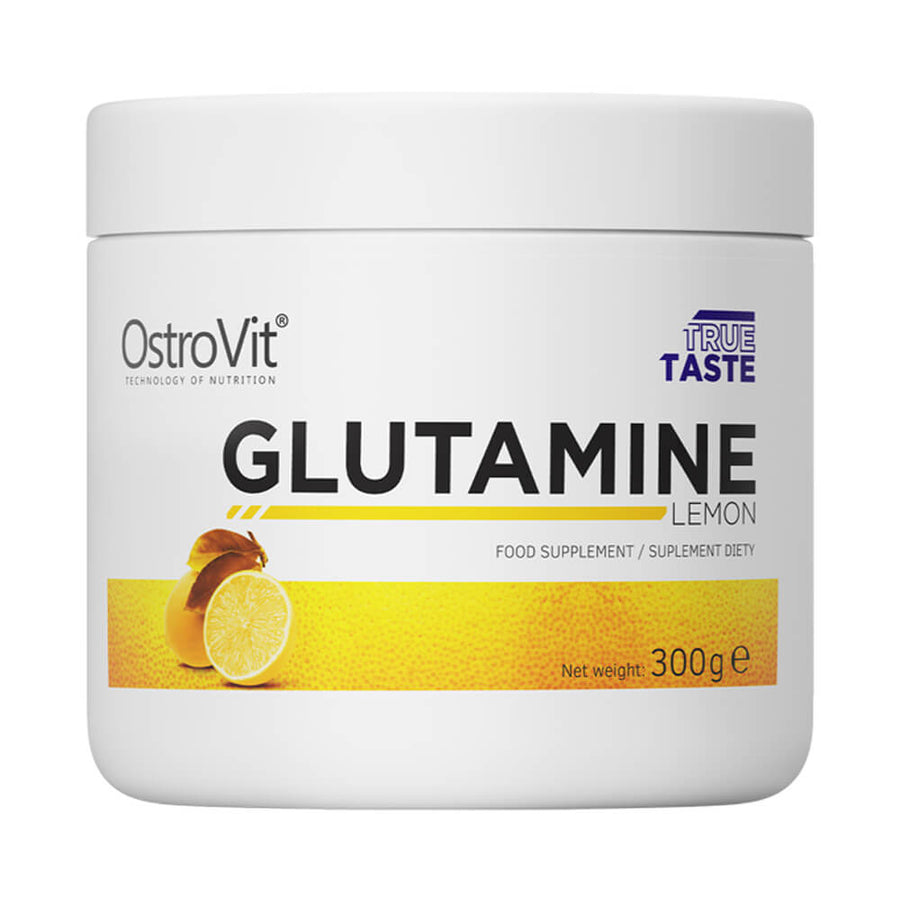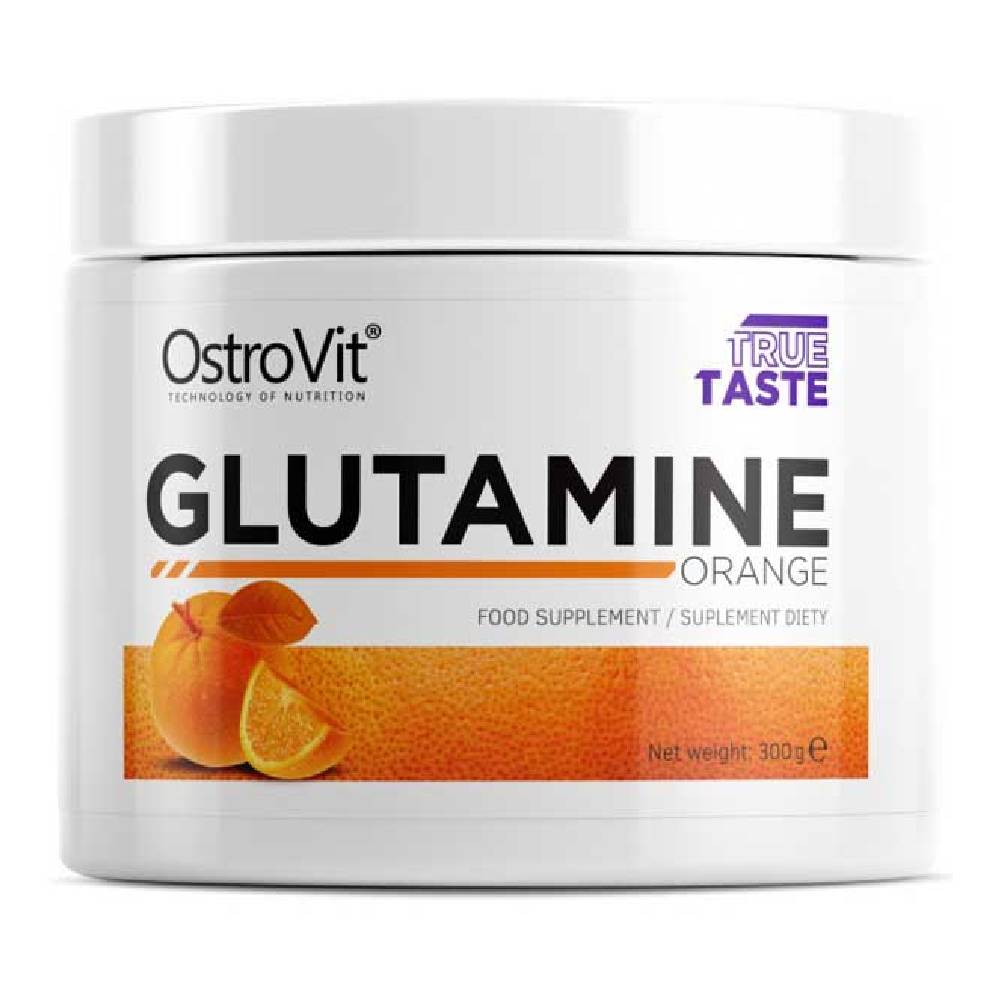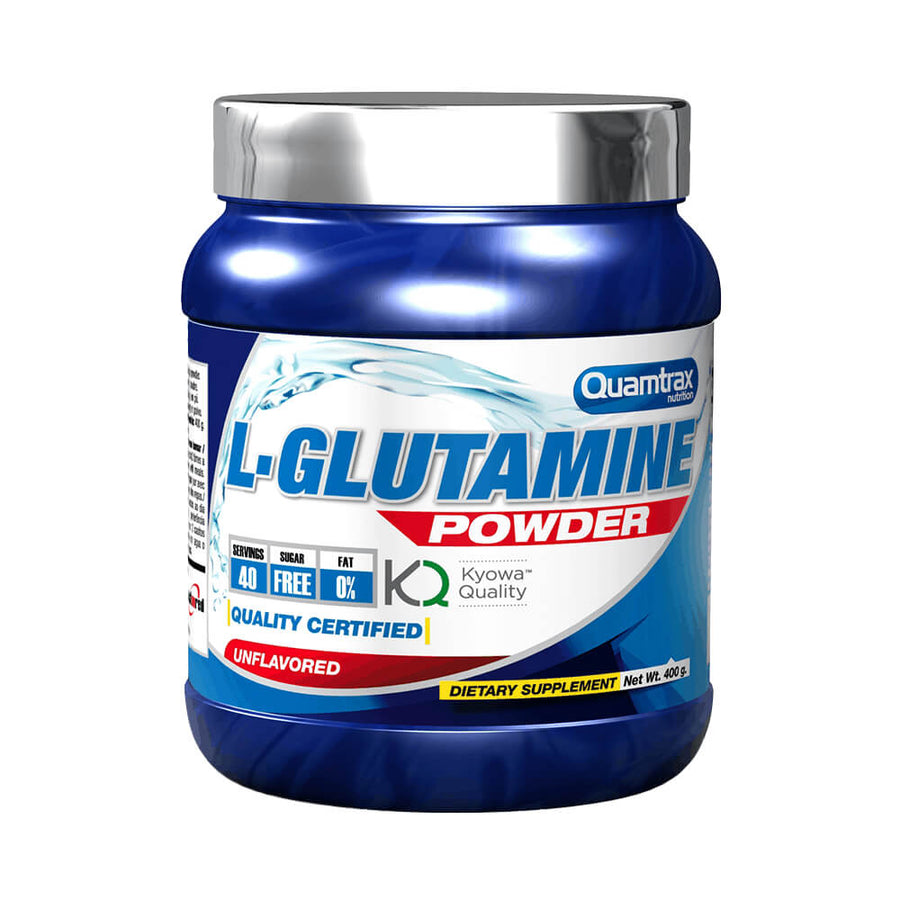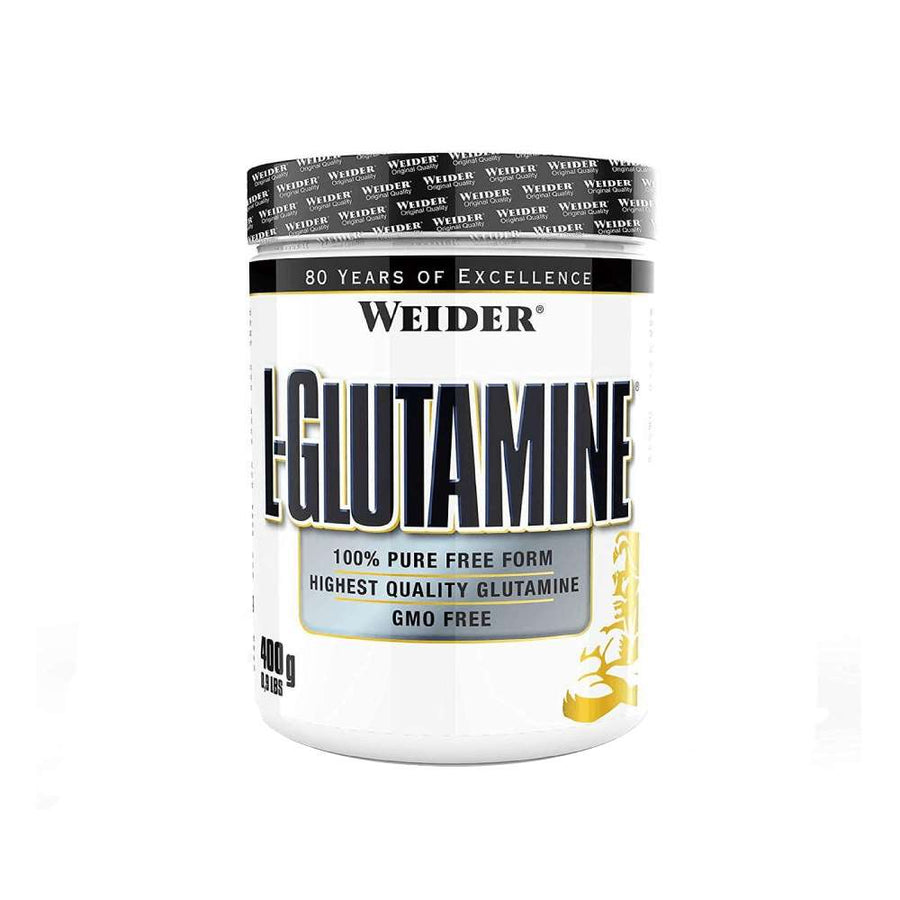Everything you need to know about glutamine!
What is glutamine?
Glutamine is an amino acid that is not part of the list of 9 essential amino acids. So why is it so popular among athletes?
Glutamine is considered a "conditioned essential" amino acid. This means that the average inactive person, who eats a generally healthy diet, does not need glutamine supplementation. This is because glutamine is found naturally in foods such as beef, fish, organ meats, chicken and even beans as glutamic acid.
So who needs it?
Anyone under any type of stress can benefit from increased amounts of glutamine. You see, glutamine is the most abundant amino acid in the body. It is found in quantities 3-4 times higher than any other amino acid. It is primarily used to ensure optimal performance in the small intestine, however it is also found in muscles, skin and organs such as the kidneys and liver. Stress inside the body usually results in a skin or muscle injury or internal pain, in these situations it means you need increased glutamine.
Remember that resistance training creates small lesions in the muscles and we know that after training, glutamine levels in the body are reduced.
Glutamine also has benefits for our immune system. Remember that I just said that glutamine is used for optimal performance of the small intestine. Well, guess where most of the good functioning of our immune system comes from? You guessed it, it's our small intestine.
How much glutamine do we need?
As with any supplement, it is essential to talk to your doctor before incorporating it into your daily intake. Remember that the following advice is only a general guide for the average individual and training level. It is recommended that people take between 1-5 grams of glutamine every day.
Many bodybuilders take more than 5 grams of glutamine per day, which is fine, however, if you are using higher amounts, it is important to maximize absorption to reduce wastage.
How should I take glutamine?
The best way to maximize the absorption of any nutrient or supplement is to take it when the body needs it the most. It is ideal to take in the morning and immediately after training. Other beneficial moments would be 1 hour before training and before going to bed.
Is glutamine a help after training?
Overwork can affect us all at some point. This happens when your body is exhausted and the results stop coming. Glutamine supplementation, along with rest and a healthy diet, can help repair the damaged tissues that result from overtraining and get you back on track.
What to expect?
Glutamine is not like a caffeine based supplement or a fat burning supplement where you can feel a result immediately after consumption. The effects of glutamine administration that you can expect are increased recovery after training, with decreased DOMS (delayed onset of muscle soreness). Beyond this, the effects are not generally observed, but they are present, such as increased resistance to disease and a decrease in the muscle breakdown process.
Side effects?
No incidents of toxicity have been reported with glutamine supplementation. The side effects observed with excessive consumption were constipation and the feeling of an upset stomach.
What other supplements can I take with glutamine?
Glutamine is a basic supplement and can be used successfully with the following supplements:
- Whey protein
- Omega 3 oils (EPA/DHA)
- Creatine (in 6-week cycles)
- multivitamin
With strong support from both scientific studies and anecdotal evidence, glutamine has become one of the most popular supplements on the market today. It is definitely worth trying.
Source: bodybuilding.com
Text translated by Andrei Tescut









